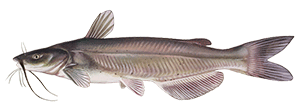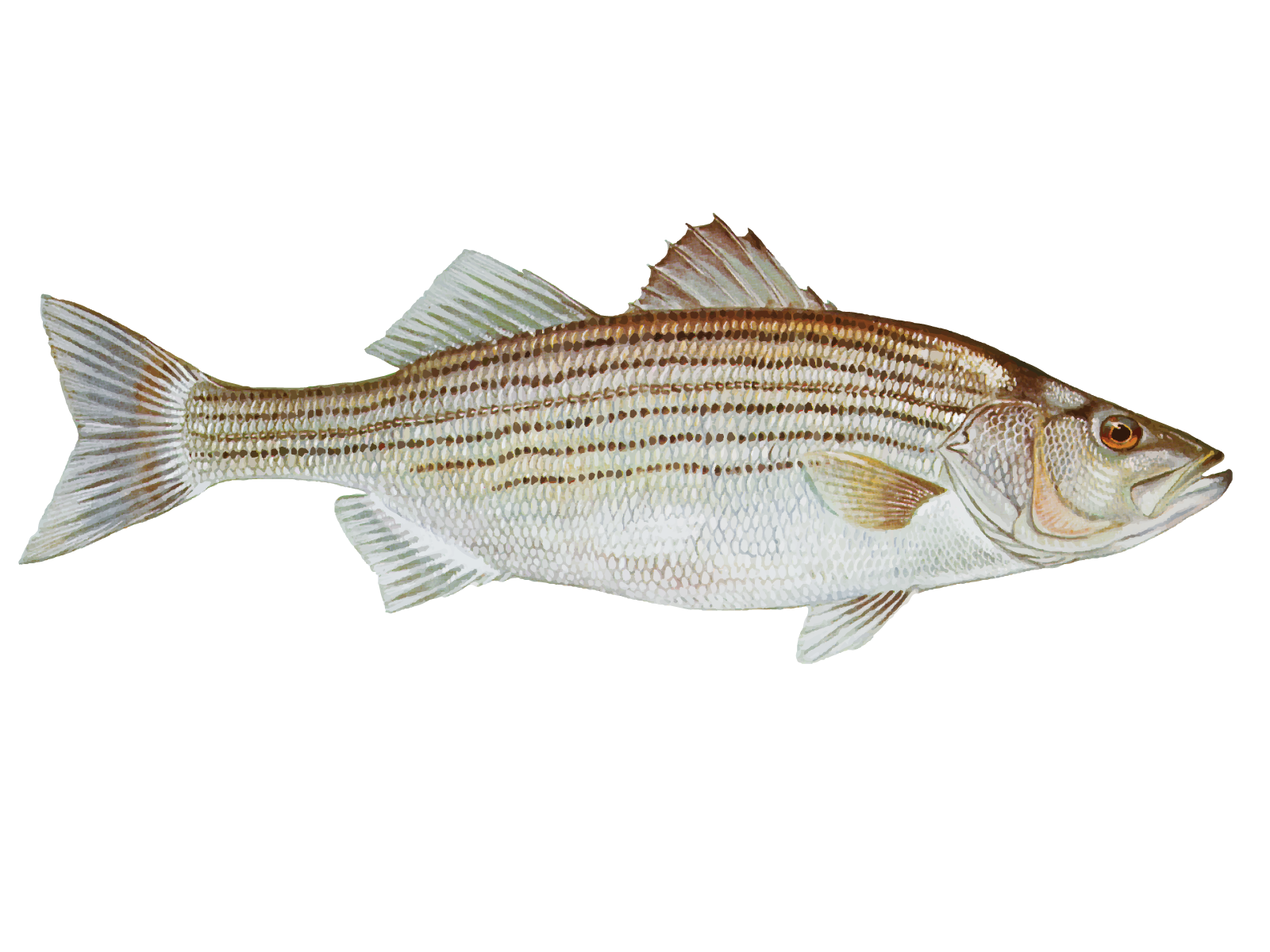//users/6647b9d6-ba74-4c53-9455-f55b7741f8d7/ratecard/130190163_2786573351582549_8255922119412146981_n.jpg)
%2Ffit-in%2F300x300%2Fusers%2F6647b9d6-ba74-4c53-9455-f55b7741f8d7%2Fratecard%2F130190163_2786573351582549_8255922119412146981_n.jpg&w=256&q=75)
%2F300x300%2Fusers%2F6647b9d6-ba74-4c53-9455-f55b7741f8d7%2Fimages%2Fwhite-catfish-big-ok-2606.jpg&w=256&q=75)
%2F300x300%2Fusers%2F6647b9d6-ba74-4c53-9455-f55b7741f8d7%2Fimages%2Fstriped-bass-fishing-ok-2791.jpg&w=256&q=75)
%2F300x300%2Fusers%2F6647b9d6-ba74-4c53-9455-f55b7741f8d7%2Fimages%2Fsolitary-fishing-adventure-2664.jpg&w=256&q=75)
%2F300x300%2Fusers%2F6647b9d6-ba74-4c53-9455-f55b7741f8d7%2Fimages%2Fbest-fishing-sand-springs-2614.jpg&w=256&q=75)
%2F300x300%2Fusers%2F6647b9d6-ba74-4c53-9455-f55b7741f8d7%2Fimages%2Fchannel-catfish-sand-springs-2683.jpg&w=256&q=75)
%2F300x300%2Fusers%2F6647b9d6-ba74-4c53-9455-f55b7741f8d7%2Fimages%2Ffishing-fun-sand-springs-2680.jpg&w=256&q=75)
%2F300x300%2Fusers%2F6647b9d6-ba74-4c53-9455-f55b7741f8d7%2Fimages%2Fbest-catch-in-ok-3421.jpg&w=256&q=75)
%2F300x300%2Fusers%2F6647b9d6-ba74-4c53-9455-f55b7741f8d7%2Fimages%2Ffishing-frenzy-sand-springs-3241.jpg&w=256&q=75)
%2F300x300%2Fusers%2F6647b9d6-ba74-4c53-9455-f55b7741f8d7%2Fimages%2Fangler-catches-fish-sand-springs-2975.jpg&w=256&q=75)
%2F300x300%2Fusers%2F6647b9d6-ba74-4c53-9455-f55b7741f8d7%2Fimages%2Fwhite-catfish-sand-springs-3047.jpg&w=256&q=75)
Expert-Guided 6-Hour Fort Gibson Lake Fishing
What you will be catching:
 Blue Catfish
Blue Catfish Channel Catfish
Channel Catfish Flathead Catfish
Flathead Catfish Striped Bass
Striped Bass White Bass
White Bass
Trip Pricing and Availabilities :
No trip pricing information available at this time.
Epic Catfish & Bass Fishing on Gibson Lake
Get ready for an action-packed day on the water at Fort Gibson Lake, Oklahoma's hidden gem for anglers chasing monster catfish and hard-fighting bass. Our 6-hour guided trips put you right where the fish are biting, whether you're after chunky sandies or trophy paddlefish. With comfy pontoon or center console boats to choose from, you'll have the perfect platform for reeling in the big ones. Let's dive into what makes this lake a can't-miss spot for fishermen looking to bend some rods and fill the livewell.
What to Expect on the Water
Picture this: You're cruising across Fort Gibson's glassy surface at dawn, the mist rising off the water as your guide points out the day's first hotspot. Whether you're meeting us at Mazie Landing Marina in spring or launching from Whitehorn Cove or Taylors Ferry North later in the year, you're in for a treat. We'll get you set up with the right rigs and show you the tricks to entice those big cats and bass. No need to pack a lunch – this trip's all about focusing on the fishing. Just bring your game face and be ready to reel 'em in.
Fishing Techniques That Fill the Box
On Gibson Lake, we mix it up to keep the fish coming over the gunwales. For those hard-fighting white bass, we might troll with small crankbaits or jig around submerged structure. When the cats are on the prowl, we'll break out the stink bait or cut bait and let it soak in the deep holes. Chasing spoonbill? Get ready for some serious heavyweight action – these prehistoric-looking paddlefish can top 100 pounds and put up a fight you won't soon forget. We've got all the gear you need, from light tackle for sandies to heavy-duty catfish rods that can handle those big blues and flatheads.
Species You'll Want to Hook
White Bass: These scrappy fighters are a blast on light tackle. They school up in spring and fall, offering non-stop action when you find them. Look for them busting shad on the surface – it's a sight that'll get your heart racing. White bass typically run 1-3 pounds, but don't be surprised if you hook into a lunker pushing 4 or 5.
Striped Bass: The big cousins of white bass, these line-strippers will test your drag and your arm strength. Fort Gibson's stripers can top 20 pounds, and when they hit, hold on tight! They love to chase shad in open water, so trolling or casting big topwater lures can lead to explosive strikes.
Channel Catfish: The bread-and-butter catfish of Oklahoma lakes, channels are perfect for filling a stringer or having a fish fry. They'll hit on a variety of baits, from nightcrawlers to stink bait. Most run 2-5 pounds, but don't be shocked if you tie into a whisker-faced 10-pounder.
Blue Catfish: When you're after a true giant, blue cats are your target. These bruisers can exceed 50 pounds in Fort Gibson, and they fight like freight trains. We'll use heavy tackle and big baits to tempt these monsters from their deep-water lairs.
Flathead Catfish: The ambush predators of the catfish world, flatheads love structure and won't hesitate to inhale a live bait. They grow big – we're talking 30-40 pounds or more – and when they decide to eat, it's game on. Catching a big flathead is often the highlight of any catfishing trip.
Why Anglers Keep Coming Back
Fort Gibson Lake isn't just another fishing hole – it's a angler's playground that keeps 'em coming back for more. With over 19,000 acres of water and 225 miles of shoreline, there's always a new spot to explore and a honey hole waiting to be discovered. The lake's diverse habitat, from rocky points to flooded timber, means you can target different species and techniques throughout the year. Plus, our local knowledge ensures you're not just fishing – you're catching. Whether you're a seasoned pro or a first-timer, we'll put you on fish and make sure you have a day on the water you won't forget.
Time to Book Your Spot
Alright, folks – if you're itching to feel that rod bend and that drag sing, it's time to lock in your date on Fort Gibson Lake. Our trips fill up fast, especially during prime seasons, so don't wait to secure your spot. Remember, we've got room for two on the boat, making this perfect for you and a fishing buddy or for teaching the kids how to land the big ones. Just keep in mind that deposits are non-refundable, so check those calendars and commit to your day of world-class Oklahoma fishing. Give us a shout, and let's get you out on the water where the action is hot and the fish are waiting. Trust me, after a day with us on Gibson, you'll be planning your next trip before you even hit the dock. See you on the lake!
Learn more about the species
Blue Catfish
Blue cats are the heavyweight champs of Fort Gibson. These monsters can top 50 pounds, with 100+ pounders possible. They prefer deeper, open water but will move shallow to feed. Look for them near channel edges, drop-offs, and deep holes. Blues are aggressive predators and will take live bait, cut bait, or even artificial lures. They're most active in cooler months. When you hook a big blue, it's like trying to reel in a Volkswagen - prepare for an epic battle. The meat is excellent, especially from smaller fish. My tip: use big baits for big fish. A whole 6-inch shad or a big chunk of cut skipjack will tempt those trophy blues. Fish deep structures patiently - when blues are there, the wait is worth it.

Channel Catfish
Channel cats are Fort Gibson staples - they're plentiful, fight hard, and taste great. Most run 2-5 pounds, but 10+ pounders show up regularly. Look for them along rocky shorelines, near timber, or in deeper holes. They feed actively at night, so evening fishing can be productive. Catfish love stinkbaits, chicken liver, or cut shad. Use a slip sinker rig to keep your bait near the bottom. Channel cats have a reputation as bottom feeders, but they'll also chase lures and hit topwaters sometimes. They're fun to catch and perfect for a fish fry. Here's a local secret - fish the backs of creeks after a good rain. The runoff washes in food and gets the catfish feeding aggressively. Just be ready for a strength contest when you hook a big one!

Flathead Catfish
Flatheads are the ambush predators of Fort Gibson. These brutes can top 60 pounds and put up a stubborn fight. Look for them around submerged logs, brush piles, and rocky ledges. They're most active at night, especially in summer. Flatheads prefer live bait - a big bluegill or shad is ideal. They're not as numerous as channels or blues, but the chance at a true monster keeps anglers coming back. When a big flathead takes off, it feels like you've hooked a freight train. The meat is considered the best of all catfish - firm, white, and mild. Here's a local trick: fish the shallow flats at night in summer. Big flatheads come up to hunt, and you might just hook the fish of a lifetime. Just be ready for an all-night tug-of-war!

Striped Bass
Stripers are the big cousins of white bass, and they put up one heck of a fight. We get some real bruisers in Fort Gibson, with 20-30 pounders not uncommon. Look for them in deep, open water near the dam or following schools of shad. Early morning and late evening are prime times, especially in summer. Live shad or big topwater lures can trigger explosive strikes. Stripers often school up, so once you hook one, get ready for more action. They're prized for their hard fights - a big striper can peel line off your reel like nobody's business. The meat is excellent too, firm and mild. My go-to trick is to look for diving birds - that usually means stripers are pushing bait to the surface. Get a big topwater lure in there quick and hold on tight!

White Bass
White bass are a scrappy little fighter we see a lot in Fort Gibson. They usually run 1-3 pounds, with anything over 4 considered a trophy. Look for them in open water or along points, especially in spring when they make their spawning runs up creeks and rivers. White bass love to school up and chase shad, so watch for surface activity. They'll hit small jigs, spinners, and live minnows. The bite can be fast and furious when you find a school. Whites are fun to catch on light tackle and taste great too. My tip is to troll crankbaits along creek channels in early summer - you can locate schools quickly that way. Once you find them, anchor up and cast into the school. White bass fishing is perfect for introducing kids to the sport.

About the Key West
%2F%2Fusers%2F6647b9d6-ba74-4c53-9455-f55b7741f8d7%2Fvehicle_picture%2Fscreenshot2025-11-02205652-mhhpysib.png&w=1200&q=75)
Vehicle Guest Capacity: 6
Manufacturer Name: Yamaha
Maximum Cruising Speed: 53
Number of Engines: 1
Horsepower per Engine: 300
%2Ffit-in%2F250x250%2Fguide_websites%2F3196%2Fimages%2F293097389_389180373197777_8903712940579968599_n.jpg&w=1200&q=100)


%2Ffilters%3Aformat(webp)%2Fusers%2F6647b9d6-ba74-4c53-9455-f55b7741f8d7%2Fimages%2Fbest-catch-in-ok-3421.jpg&w=768&q=75)
%2Ffilters%3Aformat(webp)%2Fusers%2F6647b9d6-ba74-4c53-9455-f55b7741f8d7%2Fimages%2Ffishing-frenzy-sand-springs-3241.jpg&w=768&q=75)
%2Ffilters%3Aformat(webp)%2Fusers%2F6647b9d6-ba74-4c53-9455-f55b7741f8d7%2Fimages%2Fangler-catches-fish-sand-springs-2975.jpg&w=768&q=75)
%2Ffilters%3Aformat(webp)%2Fusers%2F6647b9d6-ba74-4c53-9455-f55b7741f8d7%2Fimages%2Fwhite-catfish-sand-springs-3047.jpg&w=768&q=75)
%2Ffilters%3Aformat(webp)%2Fusers%2F6647b9d6-ba74-4c53-9455-f55b7741f8d7%2Fimages%2Fwhite-catfish-big-ok-2606.jpg&w=768&q=75)
%2Ffilters%3Aformat(webp)%2Fusers%2F6647b9d6-ba74-4c53-9455-f55b7741f8d7%2Fimages%2Fstriped-bass-fishing-ok-2791.jpg&w=768&q=75)
%2Ffilters%3Aformat(webp)%2Fusers%2F6647b9d6-ba74-4c53-9455-f55b7741f8d7%2Fimages%2Fsolitary-fishing-adventure-2664.jpg&w=768&q=75)
%2Ffilters%3Aformat(webp)%2Fusers%2F6647b9d6-ba74-4c53-9455-f55b7741f8d7%2Fimages%2Fbest-fishing-sand-springs-2614.jpg&w=768&q=75)
%2Ffilters%3Aformat(webp)%2Fusers%2F6647b9d6-ba74-4c53-9455-f55b7741f8d7%2Fimages%2Fchannel-catfish-sand-springs-2683.jpg&w=768&q=75)
%2Ffilters%3Aformat(webp)%2Fusers%2F6647b9d6-ba74-4c53-9455-f55b7741f8d7%2Fimages%2Ffishing-fun-sand-springs-2680.jpg&w=768&q=75)
